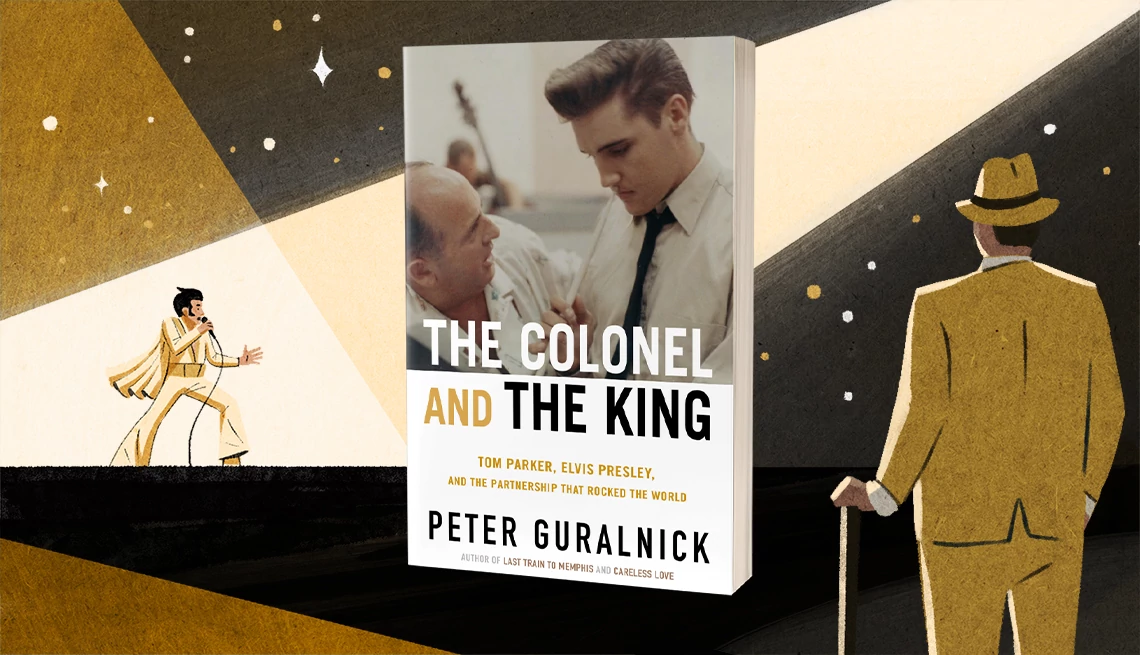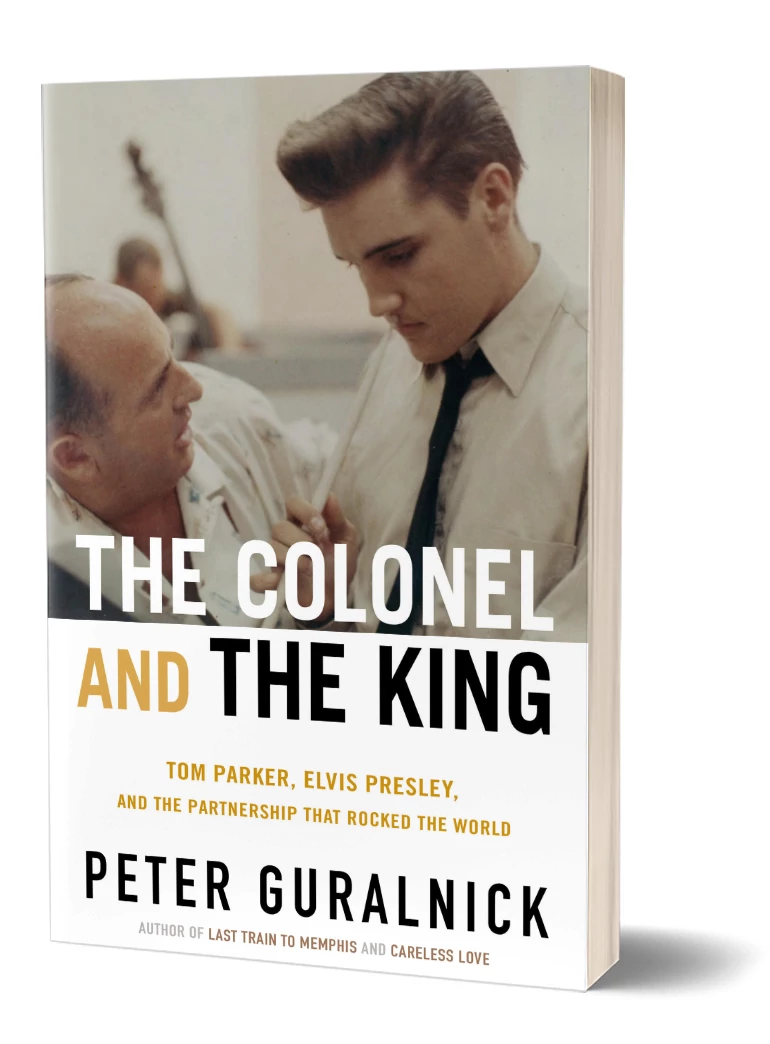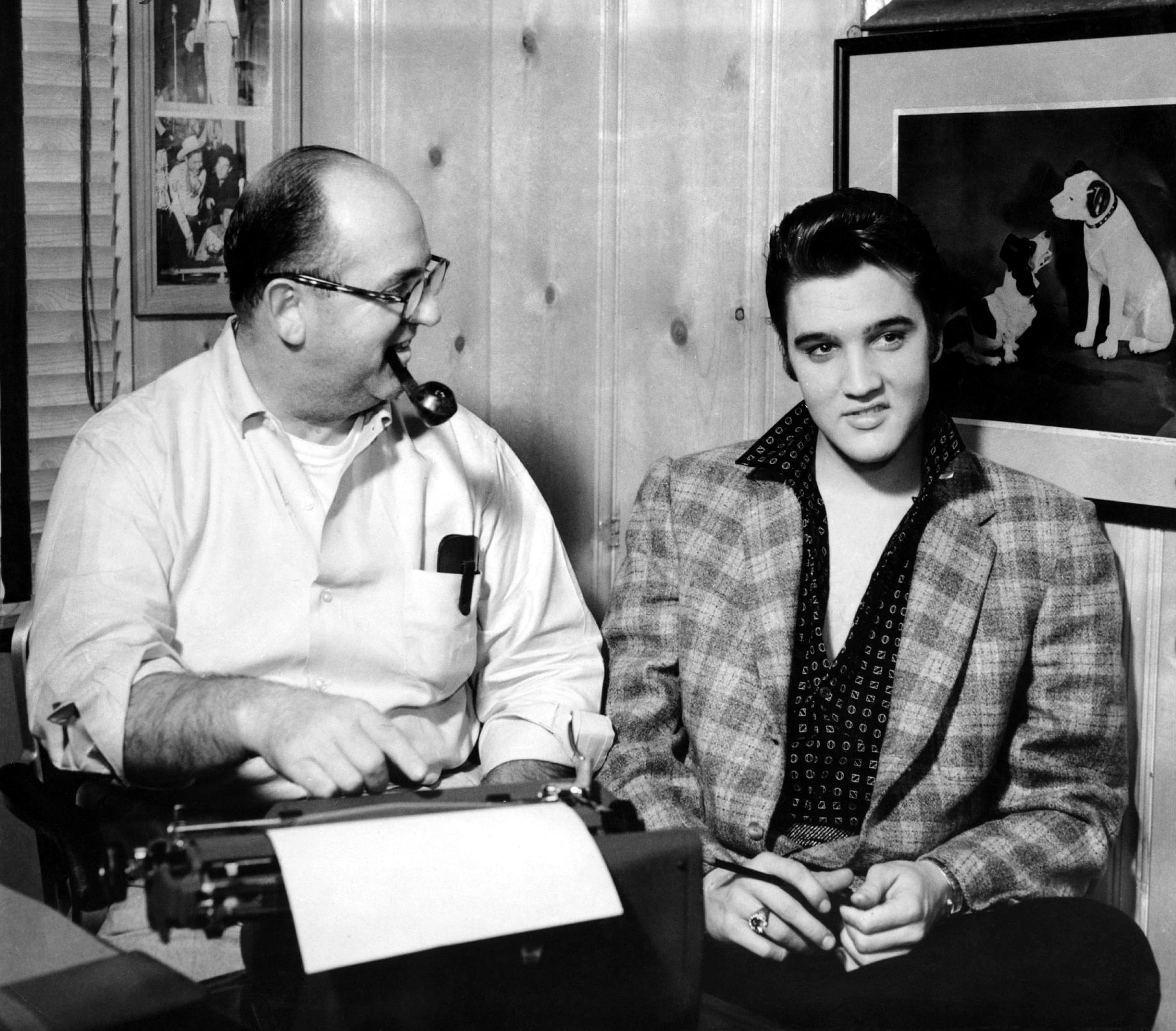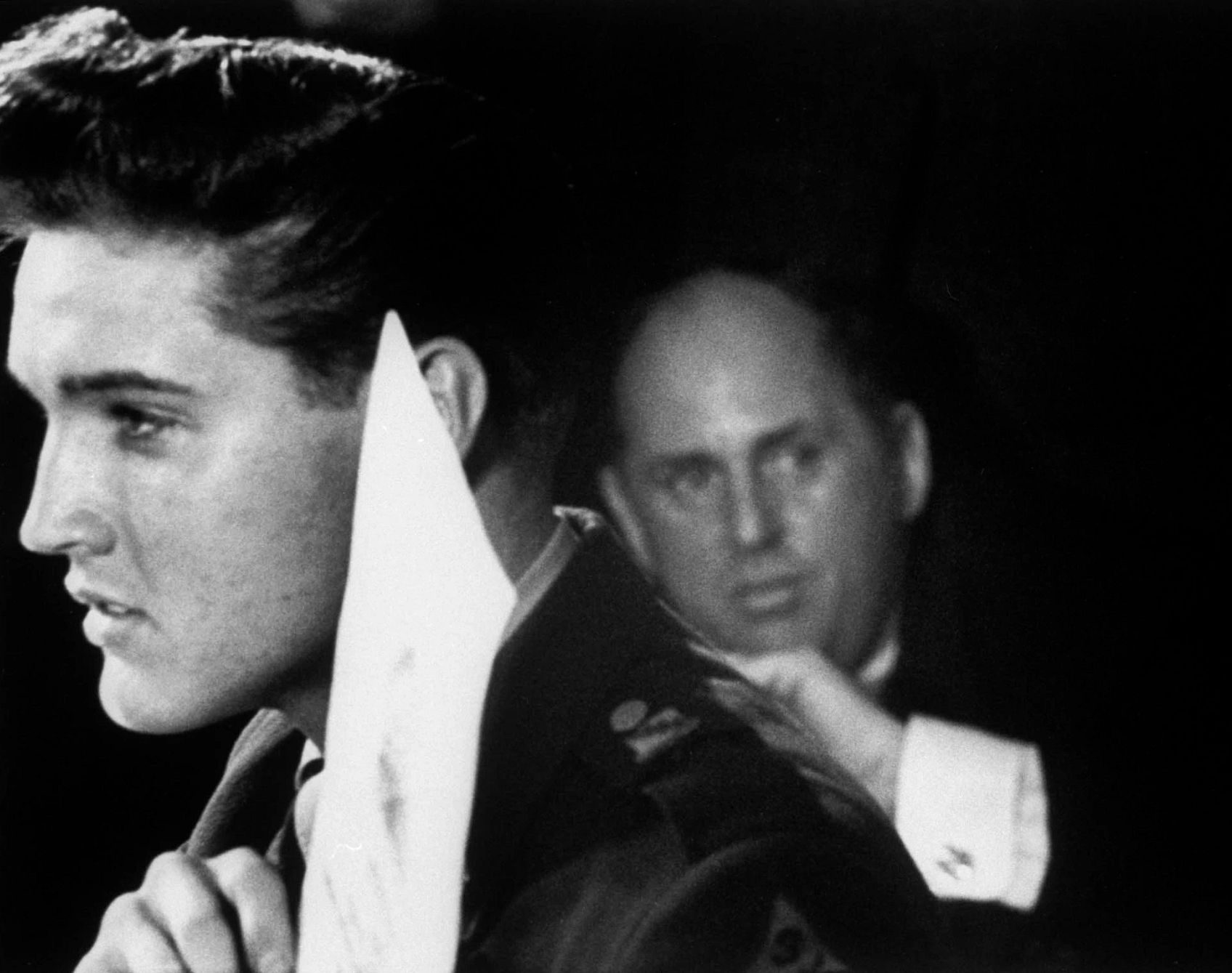AARP Hearing Center


Acclaimed music writer Peter Guralnick, 81, has already penned a massive two-volume biography of Elvis Presley and another book about Sam Phillips, the Sun Records producer who first recorded the singer. Now he turns his attention to the King’s legendary and ruthless manager, Colonel Tom Parker. (You might know him from Tom Hanks’ portrayal in the 2022 biopic Elvis.)
To write his new book, The Colonel and the King, Guralnick combed through Parker’s massive show business archives and conducted extensive interviews to illuminate the manager’s unique talents — turning Presley into America’s first rock star, then guiding his career transition into movies — while shattering the long-held belief that Parker exploited his client.
This interview has been edited for length and clarity.
Colonel is too complex for a single takeaway, but is there anything that you hope longtime Elvis fans glean from this book?
His total dedication to his artists. He believed in Elvis’ art. He believed in Elvis’ vision from the time Elvis was 20 years old, when he first met him. He did everything in service of Elvis’ art to defend it.
He got Elvis signed to RCA Records. He defended him against the record company, [where they] failed to understand his uniqueness.
He put himself at the service of his artist, of Elvis, and he did everything possible to allow Elvis to express himself the way he wanted. He had total belief in Elvis as an artist and as someone who saw a future that Colonel believed in, but neither one of them could articulate because it had never existed before — not just fame, but continual growth and expansiveness.
Do you feel like the record on the Colonel has been as straight as it will ever be set with your book?


That’s asking me to pat myself on the back to the point where I’m going to have to call up massage therapy. As with all my books, I wanted to give as full and round a picture as possible to allow people to make up their own minds.
Most of all, I just felt that I wanted to call attention to him. There would have been no reason to write the book if Colonel’s achievements, his brilliance, his genius, his wit, his humor, had not been so completely ignored, particularly in recent years. One thing to keep in mind is that until 1967 [when Presley suffered a career slump], Colonel was considered the most brilliant person and the most outstanding manager in the business.






































































More From AARP
15 Takeaways From Priscilla Presley’s Memoir
In ‘Softly, as I Leave You,’ she remembers Elvis with love
Rock 'n' Roll Docs: Elvis & Blood, Sweat & Tears
Two new rock documentaries reveal untold storiesThe Night Elvis Met My Mom
A Facebook message cleared up the mysteries surrounding a cherished family photo